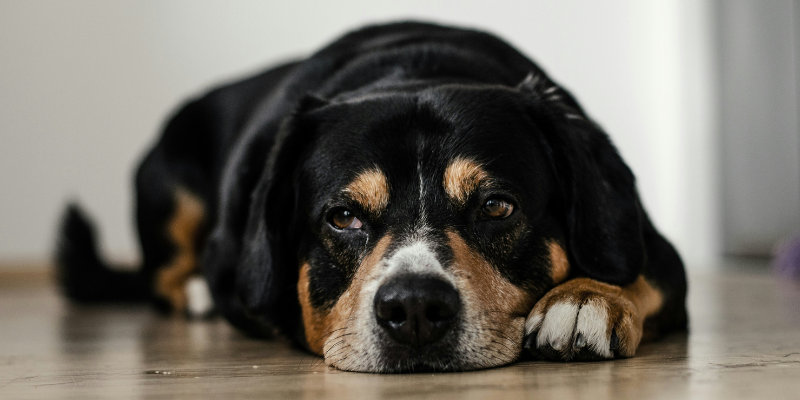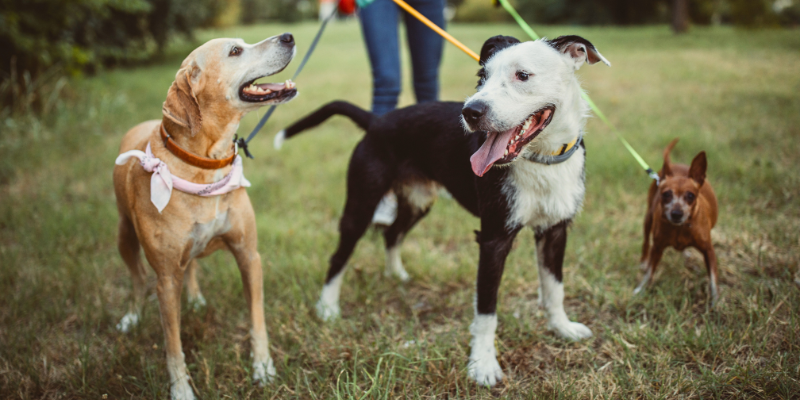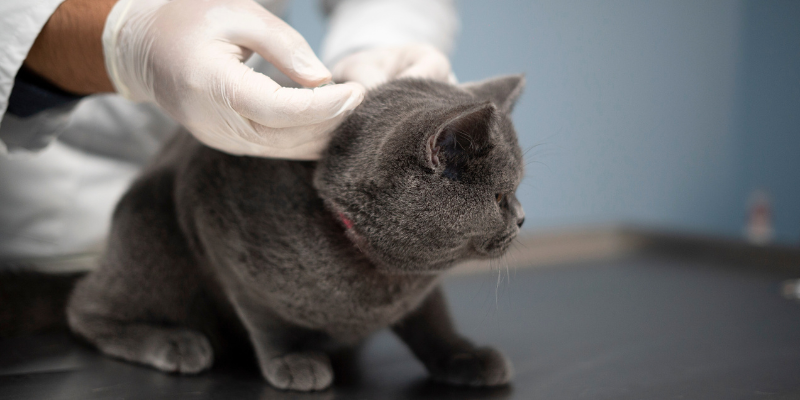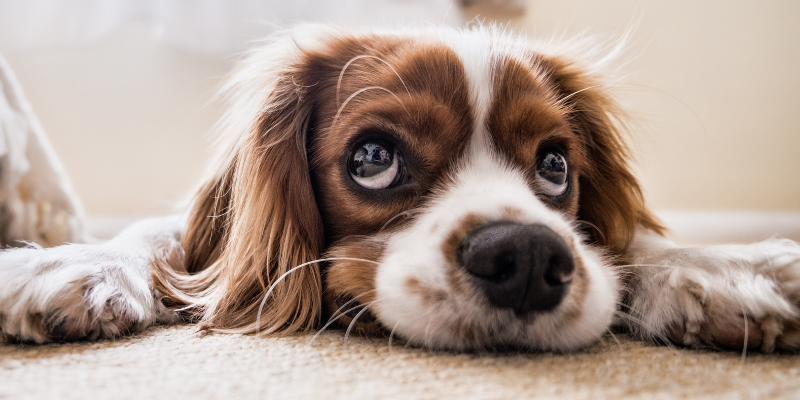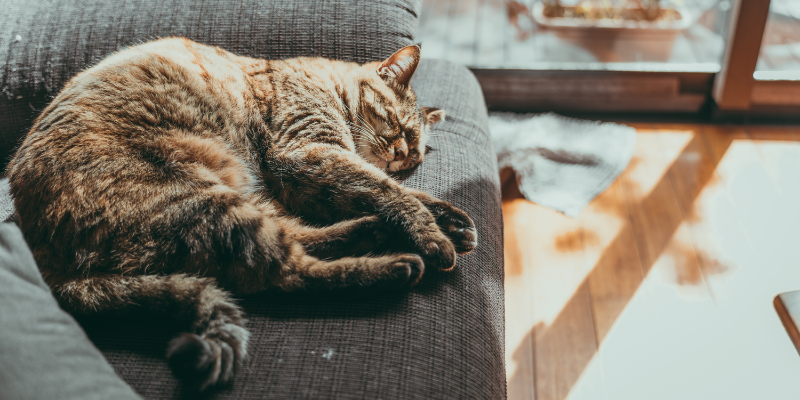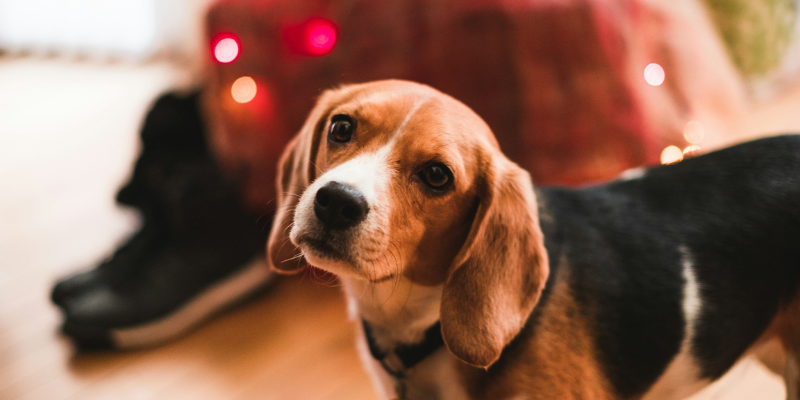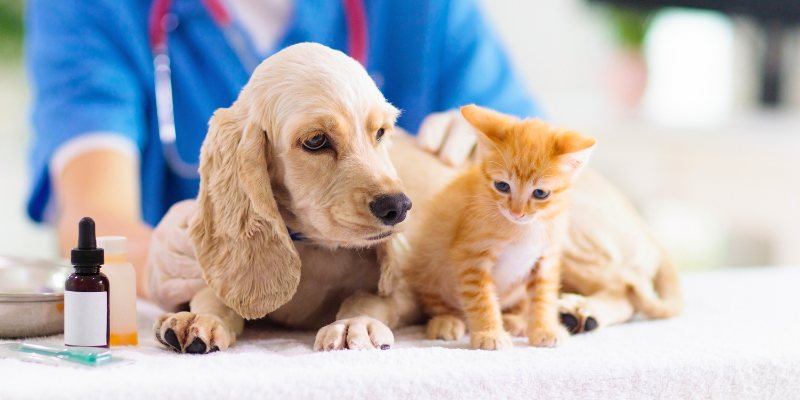As dogs reach their senior years, they can unfortunately become a little “hit or miss” with their toileting.
If you notice your older pet starting to have a few wee or poo accidents around the house, we’d recommend a prompt veterinary check-up. At this time, we can assess your pet for some common potential causes of toileting troubles, including:
- Incontinence
Urinary incontinence often occurs due to “bladder weakness” – this is usually a developed bladder sphincter mechanism problem that is most common in older desexed female dogs.
Some lower spinal or tail issues can also affect bladder or bowel nerve functions, resulting in changes to the pet’s toileting or “holding” capabilities.
- Abnormal urine or stools
Whilst senior pets may technically have reasonable “holding” capacity, they may still toilet around the house if they have an increased urge to do so.
Causes of increased urinary urge include:
- Causes of increased urine quantity, such as kidney or liver disease
- Causes of urinary tract irritation, such as urinary tract infections, bladder stones, or lumps in the bladder
Increased faecal urgency is often due to gastrointestinal diseases causing bowel irritation, e.g. inflammatory bowel disease. However, pets may also strain out small amounts of faeces in odd places if they are struggling with underlying constipation.
- Difficulties toileting
Senior pets can be reluctant or unable to go outside to toilet due to other issues not directly related to urinary tract or bowel health. Common older pet issues affecting toileting behaviours include:
- Reduced vision, e.g. old age lens cloudiness
- Coordination or strength issues that make it difficult for the pet to walk or posture for toileting, e.g. degenerative spinal cord disease
- Significant arthritis that makes walking or toilet posturing uncomfortable for the pet
- Overgrown claws or paw fur that cause the pet to slip on smooth flooring or stairs
- Cognitive decline (old age brain changes) or other brain issues that cause the pet to forget their previous toilet training
Treatment
Depending on your pet’s history and physical examination findings, we may advise proceeding with certain diagnostic tests to help us check your pet’s general health and confirm a diagnosis. This commonly involves blood tests, urine analysis, faecal analysis, or joint x-rays.
Once any medical issues in your pet are being treated or managed by our experienced vets, you can then start to consider how you will support your pet’s changing needs at home.
Pets with reduced vision will benefit from:
- A consistent layout of furniture
- Increased use of gentle voice commands to help them navigate to you
- The use of night lights in dim light conditions
Pets with any joint or coordination issues will usually benefit from mobility aids such as:
- Easily accessible toileting facilities (such as portable grass toileting mats)
- Tracks of non-slip carpet over smooth floors
- Pet steps or ramps to access the couch or bed (and a bit of training on where these are located)
- Slightly raised, supportive bedding (e.g. thick padded memory foam mattresses)
- Raised water and food bowls
- Tummy support bands for helping large dogs rise from rest or navigate stairs
For further advice on supporting your older pet, consult our knowledgeable team!
